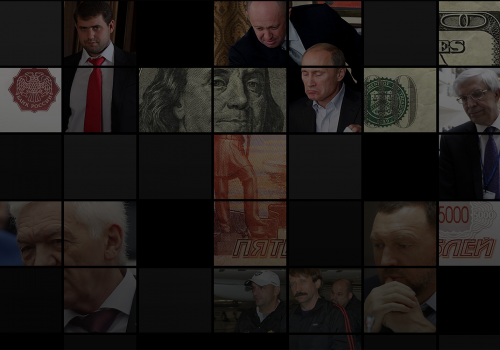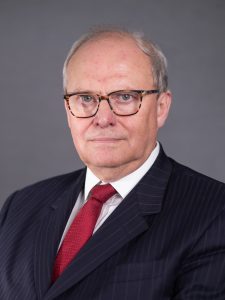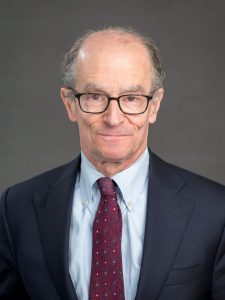As the global community continues to grapple with the coronavirus (COVID-19), the Atlantic Council is open for business. Our business, meetings, and events, however, are occurring virtually. For more information, please read an update from our President and CEO.
This new report by Dr. Anders Åslund and Julia Friedlander focuses on Russian money laundering to demonstrate the scope of the challenge and illustrate how combatting the abuse of US jurisdiction is a key element of domestic security, not only foreign policy. The US financial system is an equal opportunity target for illicit actors, but Russia poses the greatest proven threat. According to the most reliable estimates, Russia has the world’s largest volume of dark money hidden abroad—about $1 trillion—both in absolute terms and as a percentage of its national GDP. An estimated one-quarter of this amount is controlled by Russian President Vladimir Putin and his close associates, and the Kremlin appears to be able to persuade dependent oligarchs to assist financially in its foreign policy undertakings.
The report argues that these funds pose a serious national security threat to the United States because this money can be exploited and steered by the Kremlin for espionage, terrorism, industrial espionage, bribery, political manipulation, disinformation, and other nefarious purposes. The authors provide policy recommendations to address these vulnerabilities through increased transparency of ownership and tactics to combat money laundering.
Senator Sheldon Whitehouse delivers opening remarks to frame the discussion. Dr. Anders Åslund, senior fellow at the Atlantic Council’s Eurasia Center, and Julia Friedlander, C. Boyden Gray Senior Fellow and deputy director of the Atlantic Council’s GeoEconomics Center, present their findings and arguments on the pressing threat of Russian dark money. Ben Judah, senior fellow at the Atlantic Council’s Future Europe Initiative, editor-at-large at Offshore Initiative, and author of “This is London” and “Fragile Empire,” and Paul Massaro, policy advisor to the US Helsinki Commission, join to break down the impact on the US financial system and security environment. Ambassador Daniel Fried, Weiser Family Distinguished Fellow at the Atlantic Council, moderates the conversation.
RELATED experts

The Eurasia Center’s mission is to promote policies that strengthen stability, democratic values, and prosperity in Eurasia, from Eastern Europe in the West to the Caucasus, Russia, and Central Asia in the East.




